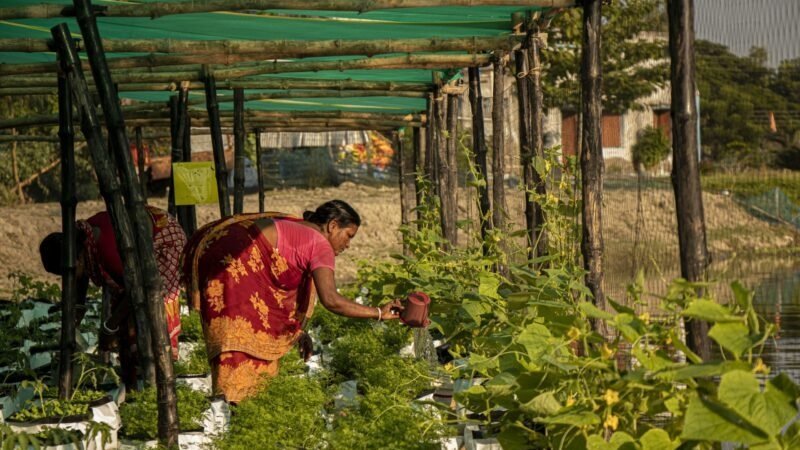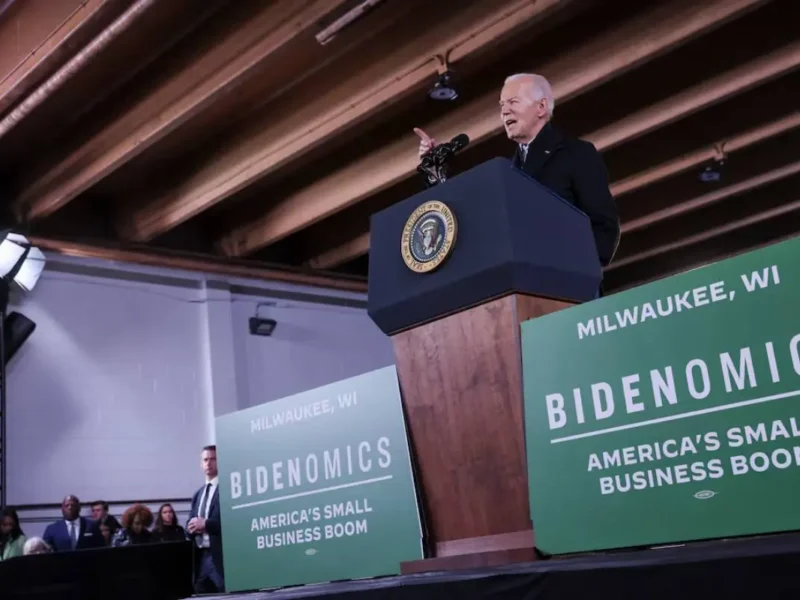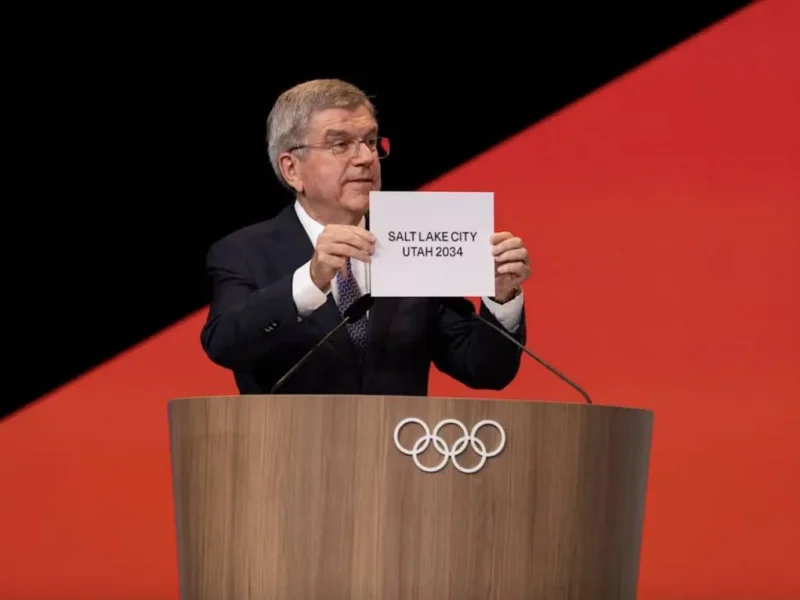
Floating Farm Program In Sundarbans Wins $100,000 In Canada
VANCOUVER (IANS) – A community program on locally designed floating farms, run by the South Asian Nature Forum for Environment and supported by the Adaptation Fund, for flood-stricken communities in the Sundarbans region is among 23 civil society organizations selected by the Global Environment Facility for the Inclusive GEF Assembly Challenge Program.
The winning projects were announced during the GEF Assembly, a once-every-four-year gathering of 185 countries being held in Vancouver.
Tom Bui, Canada’s representative on the GEF Council, welcomed the Inclusive GEF Assembly Challenge Program as a cornerstone of the gathering in Vancouver where a record number of civil society representatives are sharing their perspectives and priorities, on the stage and at the table. “The only way we can achieve lasting transformational change to safeguard a livable planet is by listening to each other,” he said. “We need to embrace our differences and tap into the rich diversity of views existing in all societies. This program does this by celebrating our unsung environmental heroes.”
Each awardee will receive a grant of up to $100,000 and gain access to networking, training, and knowledge exchange opportunities through the GEF, a family of funds that finances international efforts to address biodiversity loss, pollution, and climate change.
SAFE’s initiative is designed to naturalize hydroponic float-farming and integrate aquaculture as an adaptive, climate-resilient agricultural method for vulnerable communities in coastal South Asia.
It is designed not only to improve people’s nutrition and food and livelihood security but also to create opportunities for agro-business entrepreneurship.
Emission-less regenerative farming in float-farm grow bags with recycled organic soil mix is supported by solar desalination and micro-irrigation systems.
The 23 winners were chosen from nearly 600 applications spanning 26 countries.




